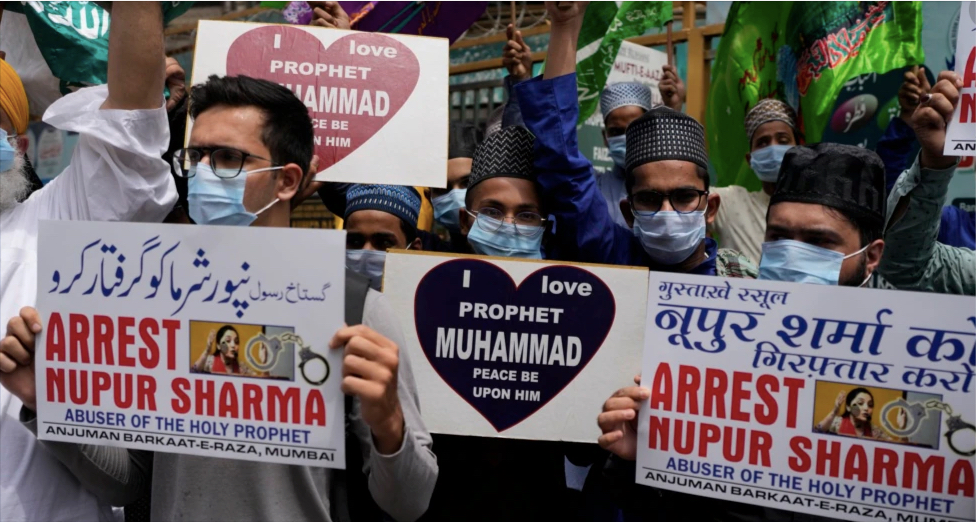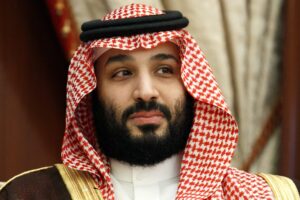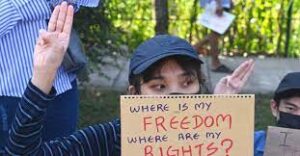
STRATEGIC ASSESSMENT. The global conversation on human rights has been muted. From Xinjiang to Yemen, human rights abuses are happening every single day, as governments that have typically been steadfast in calling for action to right these wrongs now stand by silently. Washington’s failure to exert moral leadership domestically and globally is especially apparent. Moreover, the absence of US leadership as a defender of global human rights sends a signal to dictators and autocrats that they will receive no pushback from the Trump administration.
Whether poisoning opposition politicians or assassinating journalists and dismembering their bodies, authoritarians cloaked as world leaders are emboldened to act with impunity. In line with the Trump administration’s transactional approach to international relations, Washington has embraced authoritarian heads of state, including Russia’s Vladimir Putin, China’s Xi Jinping, Turkey’s Recep Tayyip Erdogan, and Saudi Arabia’s Mohammed bin Salman.




Even as it continues to destroy Hong Kong’s democracy and systemically persecutes, abuses, and imprisons Uighurs on a mass scale, China was re-elected to the United Nations’ Human Rights Council (UNHCR) on October 13, 2020. Russia, which has credibly been accused of again using the nerve agent Novichok to try and murder a Putin critic, Alexei Navalny, was also elected to the UNHCR. To add to this paradox, Cuba was elected to a two-year seat at the council. It is hard to fathom how UNCHR, an ‘inter-governmental body within the United Nations system responsible for strengthening the promotion and protection of human rights around the globe and for addressing situations of human rights violations and make recommendations on them,’ would welcome these states given their abhorrent human rights records. While the United States itself has a checkered past with human rights and has supported dictatorships when it suited U.S. self-interests— it has historically been a powerful voice and symbol for democratic movements abroad.


The international community has also struggled to affect positive change in autocratic regimes for some time. The UN Security Council is essentially paralyzed on human rights issues, leaving public criticism, ‘naming and shaming,’ and ‘strongly-worded’ condemnations as its primary tactics. But relying on global shame has barely worked to change the behavior of shameless leaders. China is particularly effective at silencing criticism from other governments, using a form of hostage diplomacy by detaining visiting academics or travelers as leverage. China’s economic pressure, once viewed as an effective approach to ‘soft power,’ is hardening quickly, with pounding financial consequences for any organization or country that dares to speak out against its human rights abuses at home.


Anti-U.N. sentiment and a disdain for multilateralism peaked under the current U.S. administration, which has contributed to a lack of global leadership on protecting human rights. The United States withdrew from the UNHRC in 2018, citing in part the Council’s hypocrisy in elevating countries like China to a position of authority. While the U.S. Department of State does still speak out on some human rights issues, such efforts have been immediately undercut by President public adoration for strongman rulers and transactional diplomacy. The United States can still be a leader in the struggle for universal human rights, but it will require looking internally first to addressing issues of socio-economic and racial injustice domestically. By working to restore American institutions and address legitimate grievances of U.S. citizens, the United States can lead by example.
Democracy is more than just voting in elections, it also includes consistently cultivating institutions to be free from partisan political influence and protecting the rights of minorities. As authoritarianism thrives, accompanied by rising nationalism and an increase in xenophobia and anti Semitism, there is no better time for global defenders of human rights to be active than right now. The United States has the potential to restore its image around the world as a strong defender of human rights and a moral leader that can provide assistance to citizens of any nation struggling for the right to live free from persecution (TSC).





